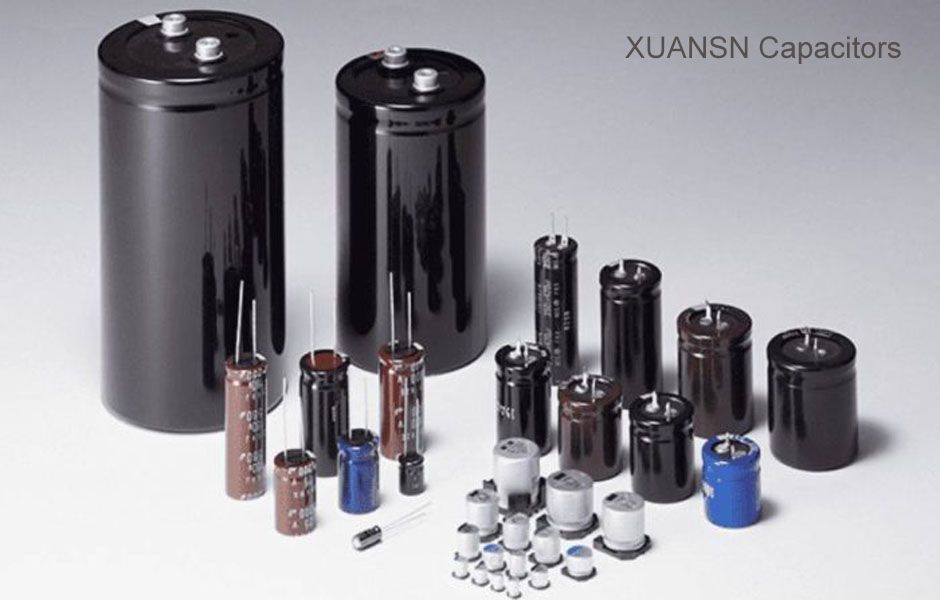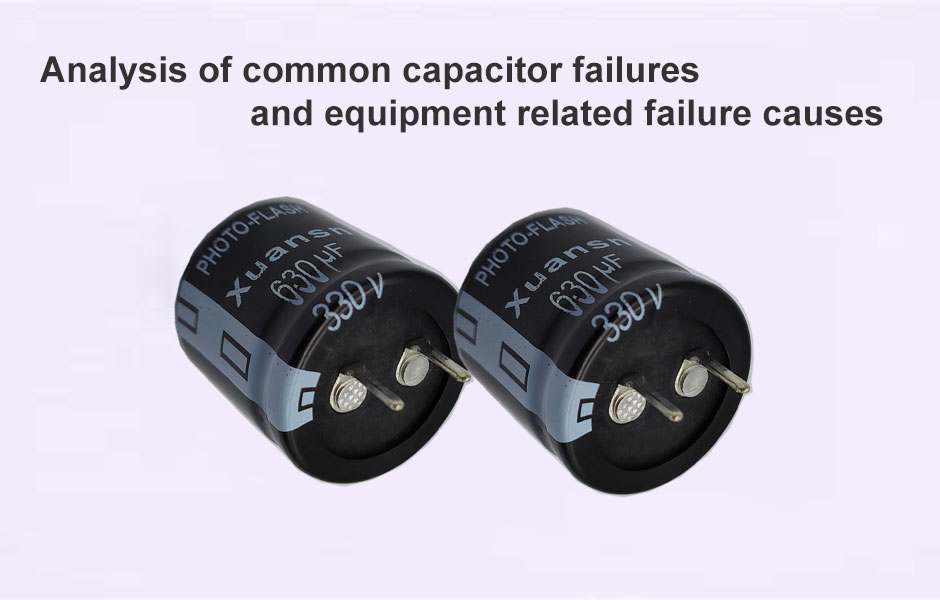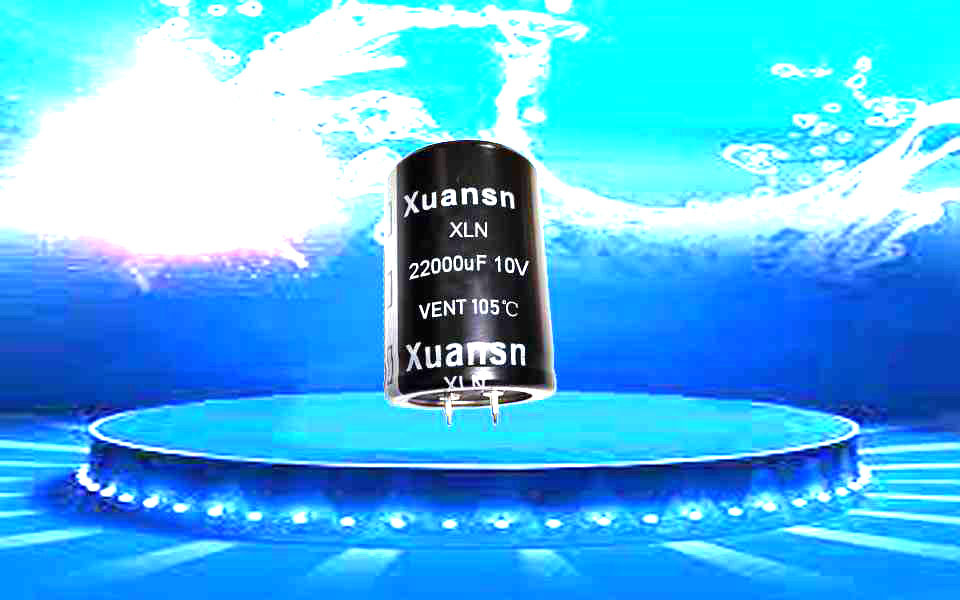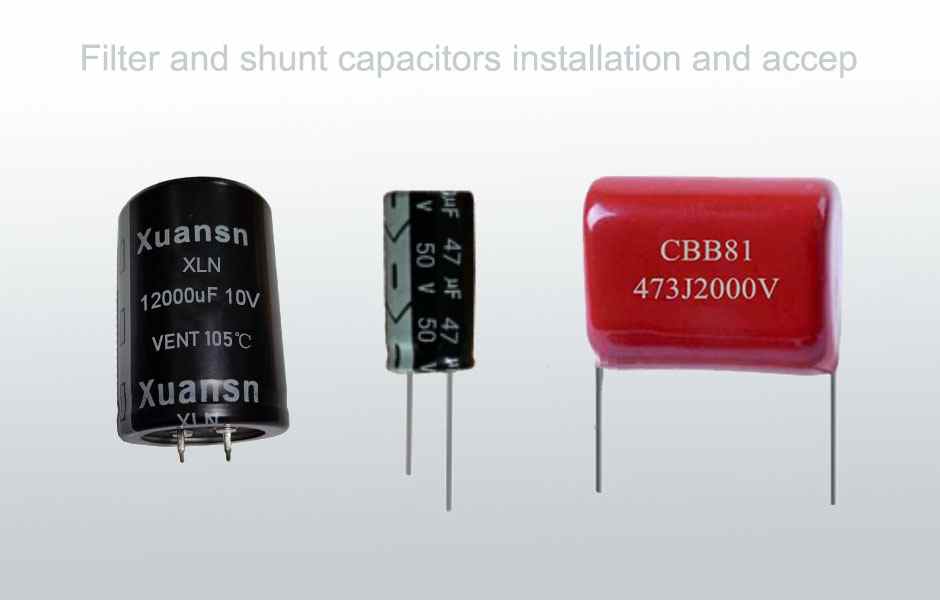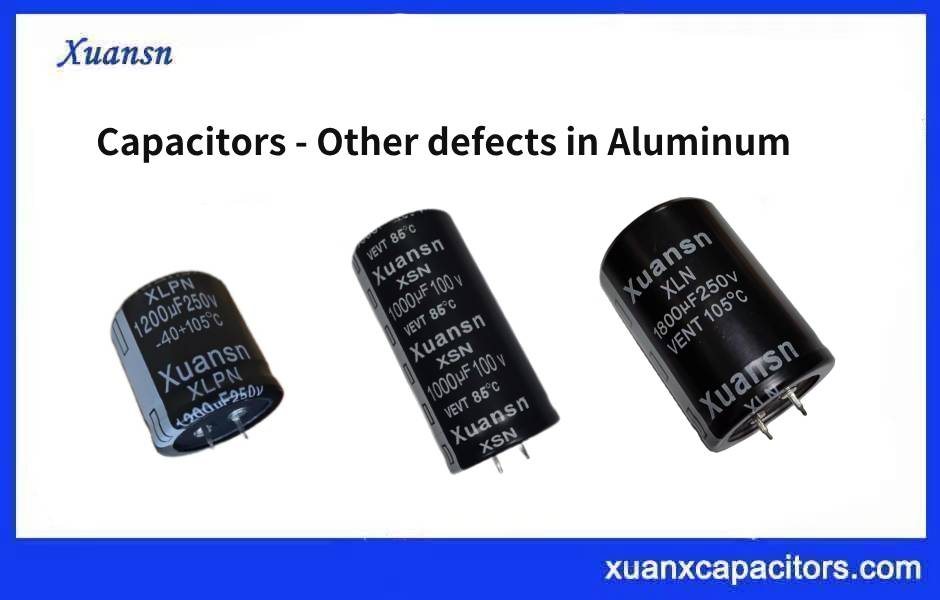Misunderstandings about capacitance
1. The larger the capacitance, the better:
Generally speaking, the larger the capacitance, the better, but this is not absolute. Large-capacity capacitors are not easy to filter out high-frequency interference signals, and multiple small-capacity capacitors in parallel are more effective and more stable than a single large-capacity capacitor.
In addition, this has a certain relationship with the motherboard’s wiring, power supply | regulator design, but if your motherboard is full of small capacitors of about 100μF, the quality of the motherboard is not much better.
2. Japanese capacitors must be suitable for overclocking:
Many friends think that motherboards with Japanese capacitors must have better overclocking performance. In fact, overclocking is not only related to capacitors, but also related to motherboard circuit design, clock chip, power supply, BIOS design, etc. It is not determined by capacitors alone. Some motherboards using Taiwanese GSC capacitors are equally well overclocking. Choosing xuansn capacitors can guarantee the quality.
3. A motherboard with high-quality capacitors must be good:
Not necessarily. As mentioned at the beginning of this article, a good motherboard will definitely use good capacitors, but a motherboard with good capacitors is not necessarily a good motherboard. A good motherboard depends not only on the quality of the capacitors, but also on the design level of the motherboard. Large manufacturers such as ASUS and MSI do not often use capacitors such as RUBYCON and NICHICON, but the wiring and PCB design of their products It is first-class, so this also guarantees the stability of its products; on the contrary, some small factories often use some good capacitors in order to attract buyers, but the quality of the wiring, power supply design, and MOSFET is very ordinary. Such a motherboard It often looks good, but it’s hard to say after a long time.
